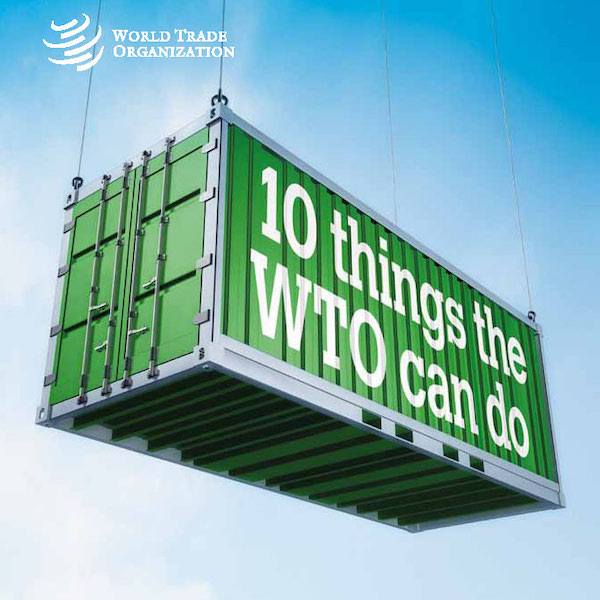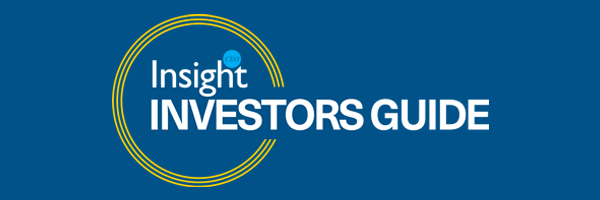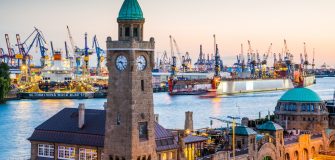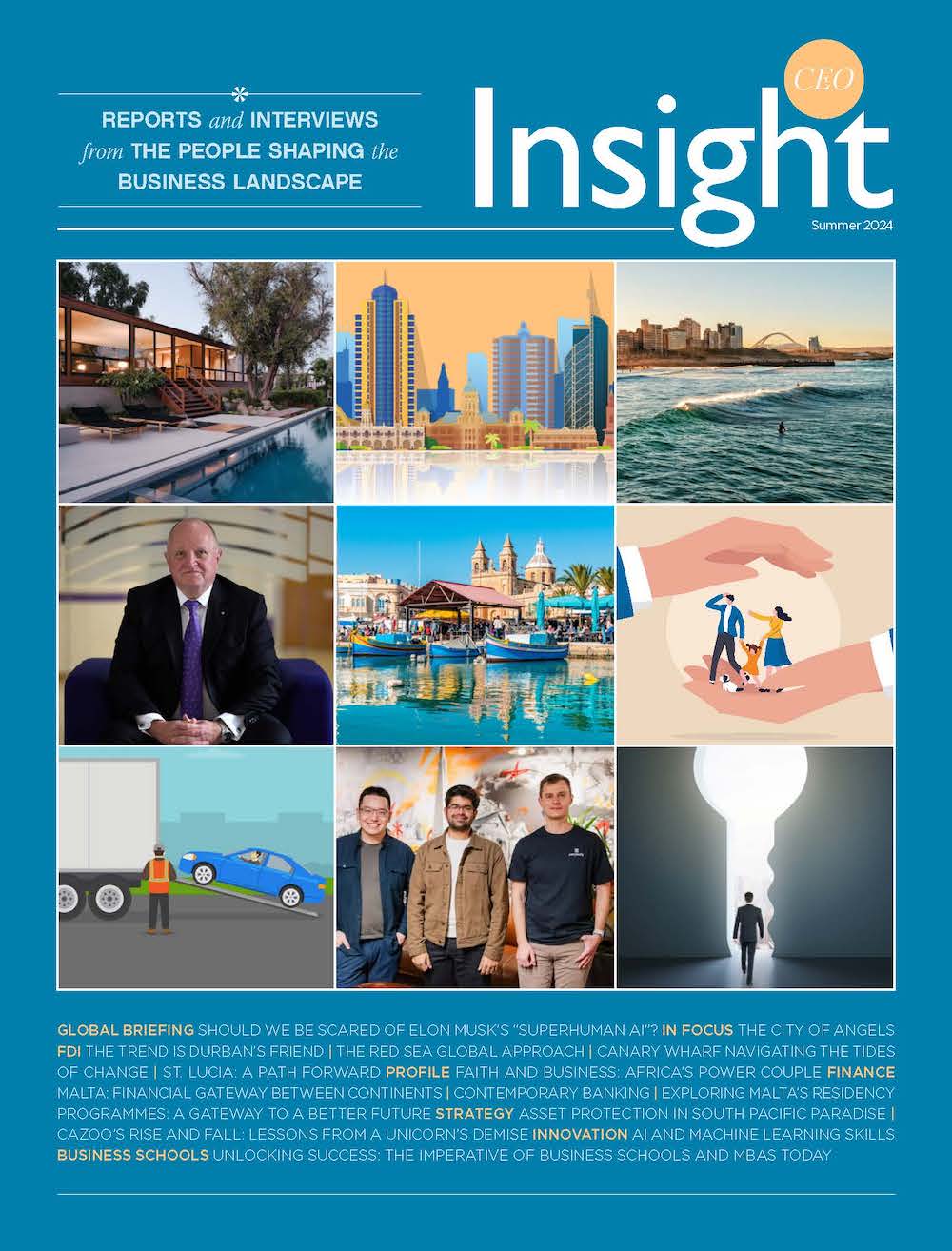FDI Report – A New Paradigm?
Share
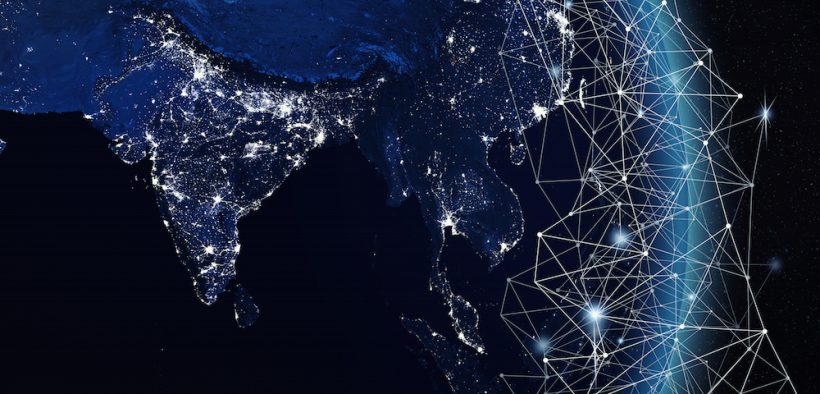
In recent years, the neoliberal paradigm based on free markets and no state intervention has been called into question. Typically, industrial policy is formulated to boost economic growth and enhance productivity, with foreign direct investment (FDI) playing an important role in international development. However, the technology revolution and automatisation are changing the role of investment and challenging traditional industrial policies, mechanisms and the incentives behind inward and outward flows of FDI.
FDI has proven powerful in increasing productivity, connectivity, market integration, human capital formation and employment. Furthermore, it maximises the creation of new enterprises while strengthening the industrial base of the home country. By attracting foreign investment, economic growth is boosted, raising GDP and allowing a more efficient use of resources. This makes industries more competitive while increasing foreign trade flows.
Nevertheless, the rapid creation and implementation of new industrial technologies and the emergence of a global digital economy is decreasing the importance of access to cheap labour and resources in developing markets. Consequently, FDI flows to developing economies are decreasing, as the lack of infrastructure and restricted financing are limiting the incentives to foreign investors and thus the inflow of capital and know-how.
According to the UNCTAD World Investment Report 2018, global foreign direct investment fell by 23% in 2017, and it is expected to see only very moderate growth in 2018. Changes in the global market and the apparent shift away from neoliberal economic policies to protectionist ones are restricting global flows of capital not only to developing economies but also cross-border investments and mergers and acquisitions in developed and transition economies.
“FDI has proven powerful in increasing productivity, connectivity, market integration, human capital formation and employment.”
Therefore, to attract and retain investment, host economies are implementing new strategies. These include better regulations that improve the investment climate, the provision of transparent information, flexible and stable access to the market and the production chain, vast capital injections to increase market growth potential and the creation of new opportunities for investors.
For instance, according to the Economic Commission for Latin America and the Caribbean (ECLAC), the Caribbean receives higher inflows of foreign capital compared to other developing economies and remains stable due to the implementation of new industrial policies that benefit capital inflows. With major inflows coming from Commonwealth economies, the US and China, foreign investment is boosting growth in tourism, infrastructure, energy, finance, business services and manufacturing.

According to UNCTAD, FDI in small island states (SIDS) rose to $4.1bn in 2017. These include Saint Lucia, Saint Kitts and Nevis, Bahamas and Trinidad and Tobago, which are remodelling their investment profiles and industrial policies to fuel growth with foreign capital. Tourism and infrastructure are the main sectors with the potential to make these small economies highly competitive on a global scale.
By means of lower tax rates, fiscal stimulus and favourable external conditions, Saint Lucia is becoming an investment hub in the region, and capital inflows into transport, hotels and real estate are driving growth and diversifying the industrial base of this small economy. This little giant is expected to receive $1.5bn in FDI over the next two years, with a projected overall impact on economic growth of +2%.
Middle Eastern countries also continue to attract investment, especially into the energy sector. According to Pwc, FDI in the region until recently has been limited by local laws acting as barriers to foreigners. However, recent changes to incentivise investment into technology-intensive sectors have led to a relaxation of regulations, property and labour laws and capital market rules. Therefore, capital inflows to Bahrain, Jordan, UAE, Oman and Qatar rose slightly last year.
Major projects in tourism, infrastructure and energy are being undertaken in the region and opportunities are arising for investors. Sohar Port and Freezone in Oman is one of the mega projects attracting interest here. Handling over a million tonnes of cargo each week in 2017, its expansion it is expected to see it process up to 500 tonnes of commodities per day. Major investments are being made for the next phases of expansion, and revenues as well as employment are set to increase significantly in the next three years.
“According to UNCTAD, FDI in small island states (SIDS) rose to $4.1bn in 2017. These include Saint Lucia, Saint Kitts and Nevis, Bahamas and Trinidad and Tobago.”
Europe is also putting up a fight to maintain and attract investors. Investment inflows into the old continent fell 42% in 2017, while outflows fell by 21%. Now, competition for new opportunities is being remodelled to focus on policies and a stable business environment. Germany for instance, beating the trend, saw a 60% increase in FDI outflows, and according to Ernst & Young, saw a new record number of projects by foreign firms in 2017. It remains as one of the top destinations for investment in Europe along with France and Britain.
Hamburg in particular has been in the spotlight. It is positioning itself as one of the main ports of call for knowledge and technology start-ups. Projects in logistics, transport, finance, science and pharmaceuticals are driving the creation of infrastructure and facilities for innovation. Moreover, the port of Hamburg, Europe’s third largest, offers green, sustainable business solutions while providing commercial opportunities for investors looking to enter the European market.
Dusseldorf too has become a major international investment hub in Europe. With excellent infrastructure, transport links and pro-business policies, it is attracting capital and fostering entrepreneurship. A digital hotspot, the city hosts companies in fashion, advertising, law and business consultancy, telecommunications, finance and manufacturing. It offers a diverse and multipolar business structure for enterprises to develop and grow on the doorstep of the European market.
The current economic and political landscape is challenging traditional investment structures. Governments and economies must offer better conditions in terms of regulations, labour, market access, infrastructure and technology. Intercommunication channels, connectivity and stable conditions are fundamental for facilitating investors, and governments are now starting to pay attention to what the evolving world economy has to offer.


